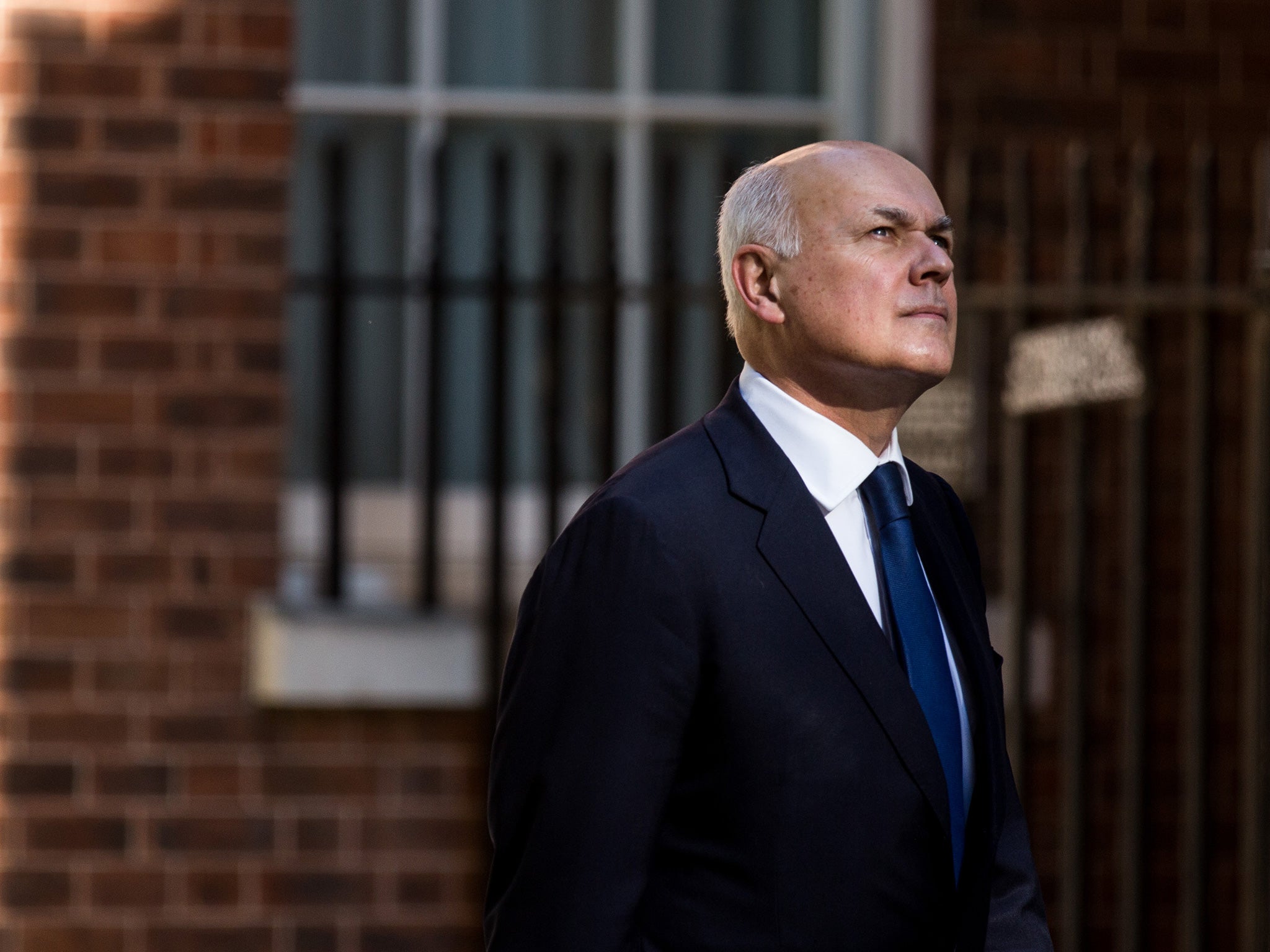Your support helps us to tell the story
From reproductive rights to climate change to Big Tech, The Independent is on the ground when the story is developing. Whether it's investigating the financials of Elon Musk's pro-Trump PAC or producing our latest documentary, 'The A Word', which shines a light on the American women fighting for reproductive rights, we know how important it is to parse out the facts from the messaging.
At such a critical moment in US history, we need reporters on the ground. Your donation allows us to keep sending journalists to speak to both sides of the story.
The Independent is trusted by Americans across the entire political spectrum. And unlike many other quality news outlets, we choose not to lock Americans out of our reporting and analysis with paywalls. We believe quality journalism should be available to everyone, paid for by those who can afford it.
Your support makes all the difference.The Government’s flagship Work Programme does not find long-term work for 70 per cent of people put on it, a committee of MPs has warned.
In a new report, the Work and Pensions Select Committee praised aspects of the scheme but said it was failing people with complicated needs.
“DWP deserves credit for implementing a programme which, in general, produces results at least as good as before for a greatly reduced cost per participant,” Frank Field, the Labour MP who chairs the committee said.
“Yet too many long-term unemployed people remain out of work after two years on the programme. It must not be forgotten that nearly 70% of participants are completing the Work Programme without finding sustained employment.
“In particular, the Work Programme is not working well for people with more complex or multiple barriers to employment who need more intensive help. We have a duty to the 70% to do much better.”
The programme, which relies heavily on contractors, has faced criticism and problems since its launch in June 2011.
Official statistics from previous years have suggested that people on the Work Programme are less likely to return to work than people who are left to their own devices.
In the first year of the £450million programme, just two out of every 100 people on the scheme returned to work for more than six months.
In 2013 Labour’s then shadow work and pensions secretary Liam Byrne described the scheme as “literally worse than doing nothing”.
The mental health charity Mind also warned earlier this year that the programme was actually making matters worse for people with mental health issues.
Research by the charity found that most people on the scheme because of their mental health problems reported worsening health issues due to their experiences of it.
83 per cent of people surveyed said the scheme’s “support” had made their mental health problems worse of much worse.
Additionally, over three quarters of people – 76 per cent – said the Work Programme had actually made them feel less able to work than before they were allocated to it.
A DWP spokesperson said: “We welcome the committee's finding that the programme is better value for money to the taxpayer than any previous scheme.
“The programme helps people to overcome barriers to finding a job, including those with drug and alcohol problems and the long-term unemployed, and further intensive support is offered through Help to Work for those who complete the Work Programme without finding a job.”

Join our commenting forum
Join thought-provoking conversations, follow other Independent readers and see their replies
Comments